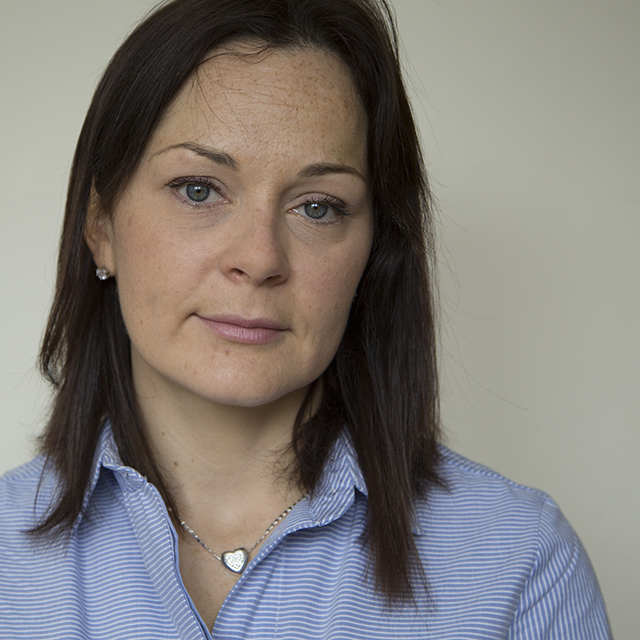Apparently it's called survivor guilt
Caroline
Caroline
After my transplant, I think your head is quite muddled with all the drugs and everything, but I remember just feeling really guilty. Guilty that I was alive – sorry [emotional pause]. And my donor wasn’t – sorry [emotional]. And I also felt, you know, not only guilt in relation to my donor, because you think, well, his organs were working in me, but that wasn’t enough to keep him alive. But then I also kind of felt guilty that I thought I wasn’t deserving of the organs, especially when I found out his age – because he was 7 years younger than me. I think, 7 years now, at my age of 36, doesn’t seem that much, but between the ages of 19 and 26 – they are quite big years. I just felt that there would be someone on the list who deserved them more than me. And they made some kind of mistake in giving them to me, because I didn't deserve them. But I didn't realise that that was kind of a normal thing – apparently it's called survivor guilt, and I think it’s common in quite a lot of situations, not just in transplantation. I suppose if you’re in a car crash or something and you were the one to survive and other people didn’t, I think it’s quite a normal thing. But that was quite a big emotion I felt after it. But at the same time I think – especially after hearing from my donor’s mum, that gave me a real push. And so when I wrote to her as well, the first time, I told her that I wanted to kind of you know live life to the full, and in his name, in his memory, and do everything I could to keep his memory going and, you know, do everything that he sadly hadn’t had the opportunity to do. So, I’m hoping I’ve done that, and I’ll carry on doing it as long as I can.
